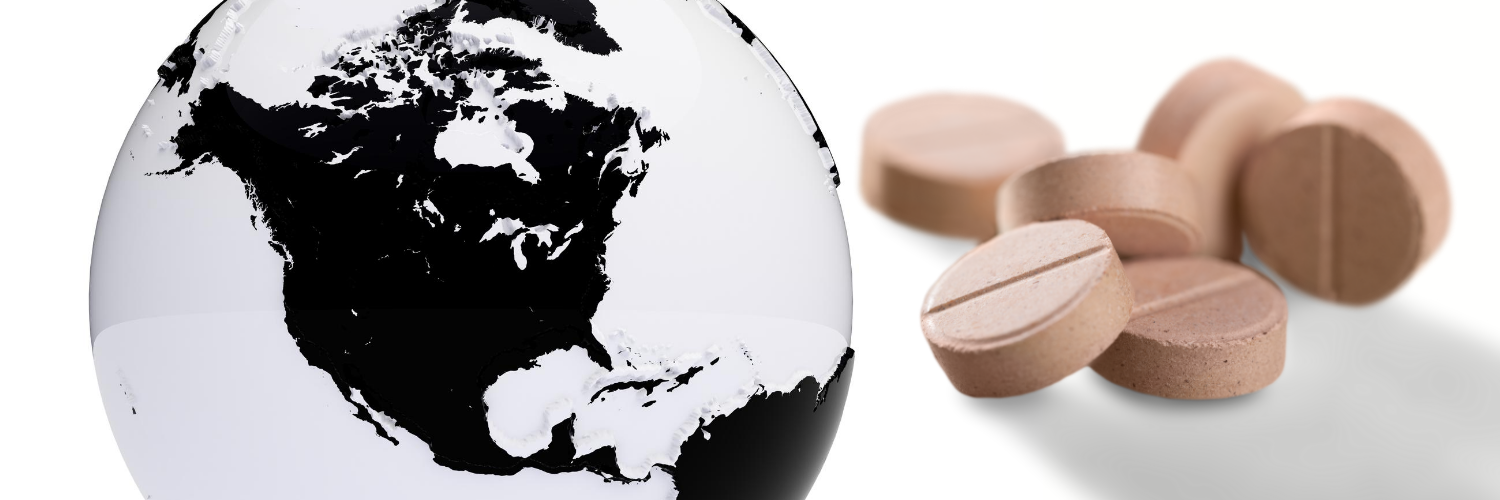Should I get a medical credit card? What are the benefits?

Medical credit cards, lines of financial credit to be used specifically for medical expenses, are a high-interest topic. After all, medical debt is the number one cause of personal bankruptcies. With medical debt taking its toll on approximately 41% of Americans, financial organizations have a prime opportunity to sell consumers on medically-specific lines of credit. Medical credit cards are usually available for application at your healthcare provider’s office. How convenient! You can just reach over the reception desk, grab a form, and lift the heavy burden of high medical bills. But should we be so quick to sign up?
The general consensus among financial advisors is: Don’t get a medical credit card if you can avoid it.
Medical credit cards are slightly different from other credit cards in that they start at 0% APR, allowing the consumer a set amount of time to pay the full amount without interest. Ostensibly, with a medical credit card like CreditCare, one of the major players in this game, you could pay exactly $400 for a $400 medical bill over time. For most credit cards, this is not the case. However, many medical credit cards apply what is called “deferred interest,” which can trick consumers into paying far more than they originally planned.
There are only a few true medical credit cards. Below, we will assess the cards themselves as well as other ways to use loaning systems to pay large medical bills.
Which is the best medical credit card?
There are five major medical credit cards: CareCredit, Wells Fargo Health Advantage, MedKey, iCare, and the AccessOne Med Card. Each one has its own drawbacks.
- CareCredit charges 0% APR for the first six months of having the card. After those six months, the APR shoots up to 26.99%. It does apply deferred interest.
- The AccessOne Med Card is “credit score-blind,” meaning it accepts all who apply, regardless of credit score. In addition, a line of credit through AccessOne will not affect your score. However, AccessOne is only available in certain states proximal to North Carolina. (Its headquarters is located in North Carolina.)
- Wells Fargo Health Advantage is connected to your primary care provider and can be easy to consolidate with one particular office. However, it only covers procedures in the following realms: dental, vision, audiology, and veterinary.
- MedKey also doesn’t require a credit check, and provides 90 days interest free. It is linked to the system of Carilion clinics in Virginia, and you will not be able to use it if you are out of this network.
- iCare is linked to your provider, which means you can only use it if your provider has a previously established relationship. Also, it engages primarily with veterinary and dental services.
Many of these credit cards appear highly limited. Wells Fargo and iCare cater only to a few medical sectors. AccessOne only covers a small portion of the U.S. MedKey does not leave Virginia. CareCredit, perhaps the biggest and most popular card of them all, refunded its customers $34 million after the Consumer Financial Protection Bureau found that the company had misinformed its enrollees about accrued interest.
Reminder: The general consensus among financial advisors is: Don’t get a medical credit card if you can avoid it.
Comparison of Medical Credit Cards |
|||
| Card | Credit Score Eligibility | APR | What it covers |
| CareCredit | Minimum of 600 | 26.99% with deferred interest payment periods available | Everything, provided your healthcare provider exists within the quite-big network |
| Wells Fargo Health Advantage | Yes, with unclear minimum | 12.99% | Dental, audiology, veterinary services, and vision |
| AccessOne | Not necessary | 9.25% | Everything, but only within a network of 50 or so hospitals in the southeastern U.S. |
| MedKey | Not necessary | 5.99% APR following a 90-day interest-free period | Everything, but only within the Carilion Clinic network |
| iCare | Not necessary | 0% APR with a 15% financing charge at enrollment | Seemingly everything, with a focus on dental work, veterinary work, and elective cosmetic procedures |
The trouble with “deferred interest”
In 2014, Consumer-action.org declared “deferred interest,” specifically in relation to medical credit cards, a “trap.” With deferred interest, companies still charge interest during the promotional periods -- they just don’t collect it. After the promotional period, if the bill is not already paid off, consumers will be held responsible for the interest charged during the period.
What are the best regular credit cards for medical expenses?
The name of the game when selecting a credit card for medical expenses is low annual percentages. In general, medical bills are much higher than, say, your electric bill. So, you don’t want that already-high number to increase as you’re paying off the bill. Twelve percent of a $200 bill is one thing. Twelve percent of a $1,000 medical bill is a different matter. The key is to find a way to pay off the bill in increments without increasing the bill as a whole. For medical expenses, NerdWallet recommends the following cards: The Capital One Quicksilver credit card charges 0% APR for the first fifteen months. The HSBC Goldmaster Credit Card does the same for 18 months. Similarly, Chase Freedom charges 0% APR for 15 months.
How can I get a medical credit card?
You can apply for almost all medical credit cards through your provider. Many doctor’s offices carry information on these cards at the front desk, applications included. Bear in mind that both Wells Fargo and CareCredit will investigate your credit score, which means you will have to be “approved” for the card.
Do medical credit cards damage your credit?
Medical credit cards can negatively affect your credit score, although not if you are using AccessOne, which is not technically a credit card. (As stated above, AccessOne approves all applicants regardless of credit and does not report debt to the credit bureau.) Also: Large medical bills which arrive in the mail by surprise will not affect your credit score for six months. It is only after six months that an unpaid bill at your local hospital will start dragging down your credit reputation.
So, I didn’t get a medical credit card. What’s next?
“Medical” Loans
Much like college or a house, you can take out a loan to pay for large medical expenditures. This would be a personal, unsecured loan that you could use for medical bills -- there is no such thing as a “medical loan.” The annual percentage rates for loans are generally higher than credit card interest payments and, in the long run, a loan will cost you much more than paying the bill in increments via your provider or, if you’re careful, through CareCredit. If you are in need of a medical loan, look for a lender who does not charge exorbitant APRs.
Health Savings Account (HSA)
The better option might be a Health Savings Account (HSA), a tax-free savings account to be used for health expenses. HSA accounts are available to those with high-deductible health plans (HDHP), a standard set forth by the IRS. As of 2020, an HDHP must have a deductible of at least $1,400 for a single person or $2,800 for a family. An HSA can be formed with whichever bank you choose, and your employer may contribute to it, much like they do a 401k.
Don’t forget to negotiate!
Before you launch into a credit card or a loan, try your hand at negotiating your medical bills. It may not be easy, but it will be worth it.
Learn more about cutting medical costs
How can I negotiate medical bills to make my costs lower?
Can a pharmacy fill a prescription early?
How and where can I buy prescription medication without a prescription?
Do you have questions or concerns about medical debt or pharmacy savings tips? We’re here to help.
Comment below or ask a question by logging in to My PharmacyChecker.




